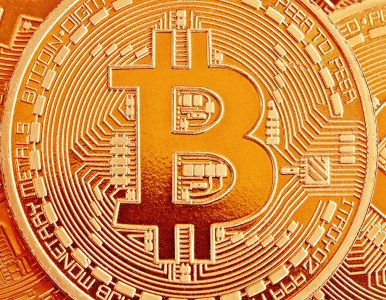Bitcoin is in some sense three things.
- Bitcoin is a cash system, which you can attach data to when you transfer it.
- Bitcoin is a payment system that uses the internet to transfer the currency, Bitcoin and the data attached to each unit.
- Bitcoin is also a distributed database of transactions and data attached to each Bitcoin unit.
Bitcoin does not require banks or other intermediaries to send value between parties. The payment system is distributed, “decentralized”, which means that many parties manage the system and it does not rely on a single entity for its security. The payment system therefore uses everyone who maintains the system, i.e. their computers, to validate transfers between parties. Therefore, there is not really one person that Bitcoin users need to rely on for their transactions to go through, but instead they have to trust that someone is running the network.
Central banks and commercial banks can not make more Bitcoin, but the people/companies who support the payment system, called miners,are rewarded with new Bitcoin coins for securing the network. Currently, mining entities receive 6.25 Bitcoin approximately every 10 minutes in rewards for each block they find in the Bitcoin chain. Every 4 years, the amount of rewarded coins is halved and the last coin to be mined around 2140, when the total sum of mined Bitcoins reaches 21,000,000 units. After that miners can finance themselves with transaction fees.
Because the currency has limited supply, but still a stable and foreseeable increase over the long term, inflation is predictable.
You can find a link to the Bitcoin white paper here.
Follow us on Facbook:
